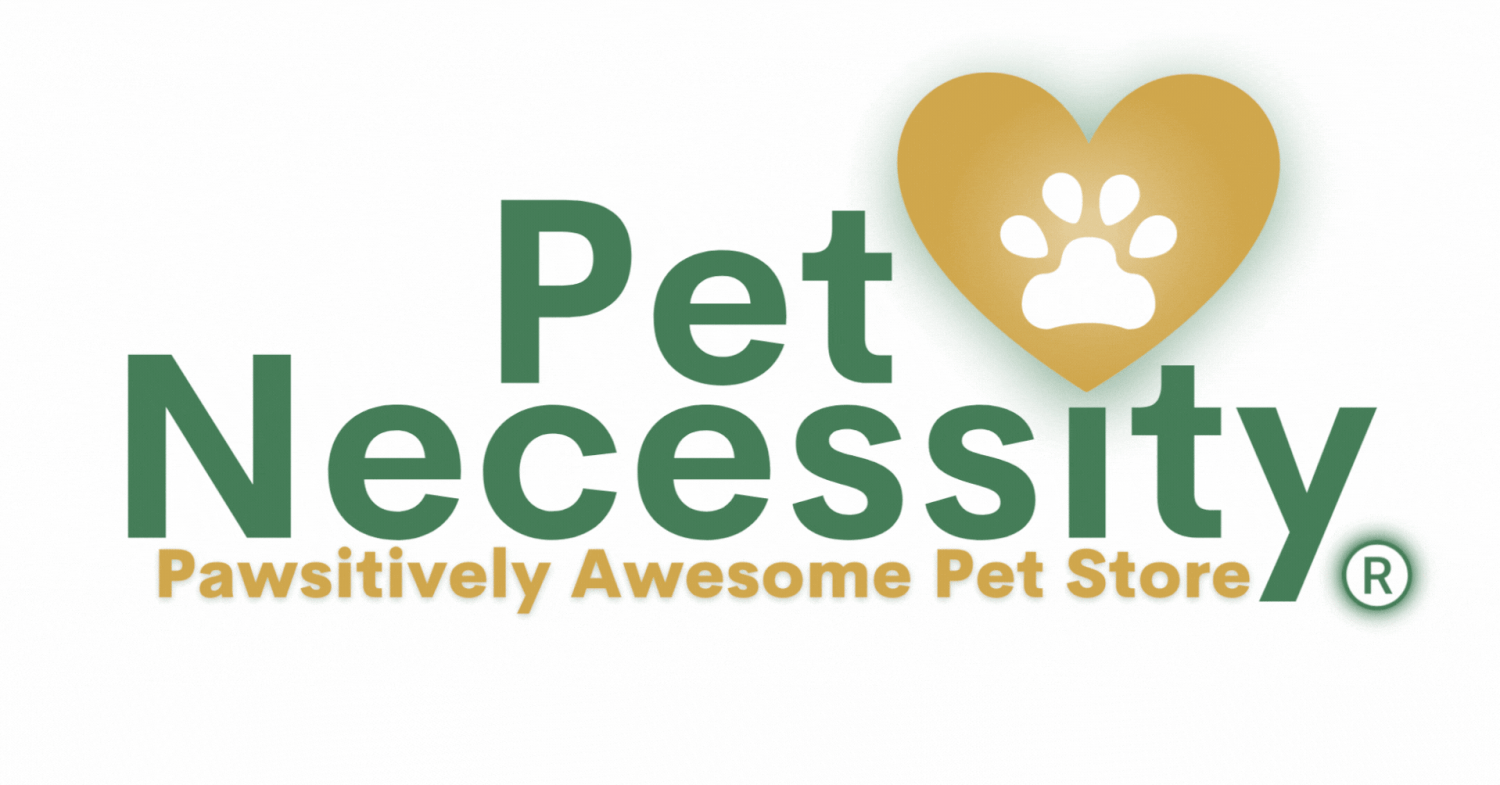The Importance of a Balanced Diet for Your Pet: A Guide for Pet Owners
A balanced diet is crucial for the overall health and well-being of your canine and feline companions. It provides them with the necessary nutrients to maintain their physical vitality and supports their emotional and mental wellness. In this article, we will explore the significance of a balanced diet for dogs and cats and offer a comprehensive guide to help you ensure they receive optimal nutrition.
Protein Power: Protein is an essential nutrient for both dogs and cats, forming a significant part of their diet. It plays a vital role in maintaining strong muscles, healthy skin, and a shiny coat. Dogs and cats have different protein requirements based on factors such as age, size, and activity level. Ensure that the protein source you choose is of high quality and suitable for your pet's species, age, and health condition.
The Essential Fatty Acids: Essential fatty acids, such as omega-3 and omega-6, are crucial for dogs' and cats' well-being. They promote healthy skin, a lustrous coat, and a robust immune system. These fatty acids also contribute to heart and brain health. Look for pet foods formulated with a balanced blend of omega-3 and omega-6 fatty acids to support your pet's overall health.
Forthglade Complete Grain Free Sardines Dog Food 18 x 395g
Each tray of this recipe is carefully crafted to ensure your dog receives a balanced and healthy diet. It features sardines, a rich source of omega-3 fatty acids, which contribute to a healthy coat, skin, and overall vitality. Omega-3 fatty acids also support joint health and cognitive function, keeping your dog active and sharp.
Carbohydrates and Fiber: Carbohydrates provide energy for dogs and cats and are essential for their overall well-being. Fiber, on the other hand, aids in maintaining healthy digestion and preventing constipation. Opt for pet foods that strike the right balance between carbohydrates and fiber to support your pet's overall health and well-being.
Vitamins and Minerals: Vitamins and minerals are crucial for maintaining your dog's or cat's overall health. They play a key role in supporting strong bones, teeth, and a robust immune system. Choose pet foods that provide an appropriate balance of essential vitamins and minerals to promote your pet's well-being.
Staying Hydrated: Proper hydration is essential for dogs' and cats' health. Make sure to provide them with fresh, clean water at all times. Dehydration can lead to serious health problems, so monitor your pet's water intake to ensure they are adequately hydrated.
Steering Clear of Unnecessary Ingredients: Some pet foods contain unnecessary and potentially harmful ingredients, such as artificial preservatives, colors, and flavors. Carefully read the ingredient labels of pet foods and avoid those that include such additives, as they can negatively impact your pet's health.
Consulting with a Veterinarian: It is always advisable to consult with a veterinarian regarding your dog's or cat's diet. They can provide specific recommendations based on your pet's species, age, size, and health condition. Veterinarians can also help identify any food allergies or sensitivities your pet may have and guide you toward a suitable diet for them.
Maintaining a balanced diet is vital for the overall health and well-being of dogs and cats. By providing them with the necessary nutrients in appropriate amounts—such as protein, essential fatty acids, carbohydrates and fiber, vitamins and minerals—while avoiding unnecessary ingredients, you can ensure that your furry friends receive optimal nutrition. Remember to consult with a veterinarian to ensure that you are providing the best diet for your dog or cat. A well-balanced diet serves as the foundation for their good health and a happy life.


